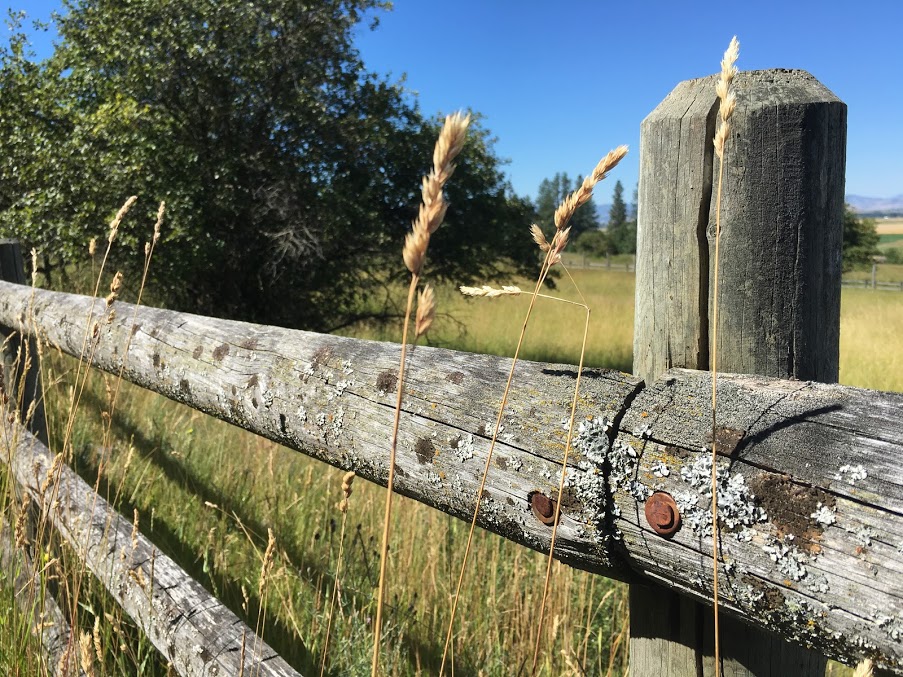Heyyooo happy Friday!
I’m talking about buying in bulk today. Let’s keep this short and sweet. Here is a photo from my most recent grocery shopping trip to my Co-Op.

I think that the zero waste life has taught me how to be more creative in kitchen. As a result from buying things package free and in bulk, I find myself eating healthier, saying “What the hell I’ll throw this in there, too,” and saving money. Bulk shopping trips require more meal planning and list-making, but it’s cheaper than processed foods when we factor in effects on your health, detriment to the environment, and waste resulting from packaging. The local Winco store has a sizable bulk section, but they do not allow you to bring your own containers and bags. If I’m buying bulk grains or beans from Winco, I’ll either use a smaller plastic bag or a paper bag from the mushroom section in produce.

My local Co-Op has a brand new, shiny extended bulk bin section, with lots of local bulk grains, legumes, and other goodies. I always make a list before I go. From the list I determine how many bulk bags, mason jars, and produce bags (mesh or cotton) to bring, with a couple extra here and there just in case. When I get home with everything, I let produce sit in the sink with some Dr. Bronner’s castile soap, put jars of things in the cupboard, and transfer dry bulk things to jars or other containers.
As far as containers go, I only buy secondhand jars when I’m absolutely desperate. Other than that, I use glass peanut butter jars, mason jars from homemade pickles and jam from my dad, and whatever other containers I happen to have (sometimes plastic from freed out things at work).
The photo at the top of my blog is a typical shopping trip, not too big, unless we really groceries. I thought it might be helpful to include a list of things I buy in bulk bins and what kind of things we make with them. Here goes:
- Rice & Grains (brown, white, basmati, cous cous, quinoa) – stir fry over rice, blend into black bean burgers for structure, horchata, curry over rice, use as something to soak up soup, put into soup, horchata, vegan sushi with tomatoes
- Beans & Legumes (kidney, black, great northern, orca, garbanzo, pinto, lentils) – burritos, soups, black bean burgers, chili, falafel, flautas, enchiladas, bean dips
- Noodles (Soba, pastas, rice noodles) – pad thai, stir fry over noodles, spaghetti, tomato/pesto pasta, mac n’ cheese
- Oils & Vinegars & Syrups (Safflower oil, olive oil, balsamic vinegar, soy sauce, maple syrup, honey)
- Flours & Sugars (Bread flour, all-purpose flour, brown sugar, cocoa poweder, evaporated cane juice (sugar)) – cookies, muffins, bread, brownies (I bake alot!)
- Other Dry Goods (Coconut, chocolate chips, tea, coffee, spices, instant soup mixes, hot cocoa mix)
- Snacks – Sesame cheesy bites, vegan gummy bears, chocolate covered coconut bites, unwrapped candy, trail mix, nuts, granola)


I’ve found such a love in food and making it. I hope you can too. What got me the most interested in vegan cooking was my first Thug Kitchen Cookbook that helps you “Eat like you give a f*ck,” with language I feel right at home reading. It helped me get my shit together, and you can too!
I get that life and space and food availability can hinder your culinary life, but start small. You should know at how to cook at least one meal from scratch. My go-to is spaghetti.
That’s it for today. Get swoll and shop bulk!
Love (and bulk bin candy),
Ollie
P.S. All photos at the top of my blog are irrelevant to posts, and are my own photography ♥




